Two-fifths of the world's plants are at risk of disappearing
- Published
- comments
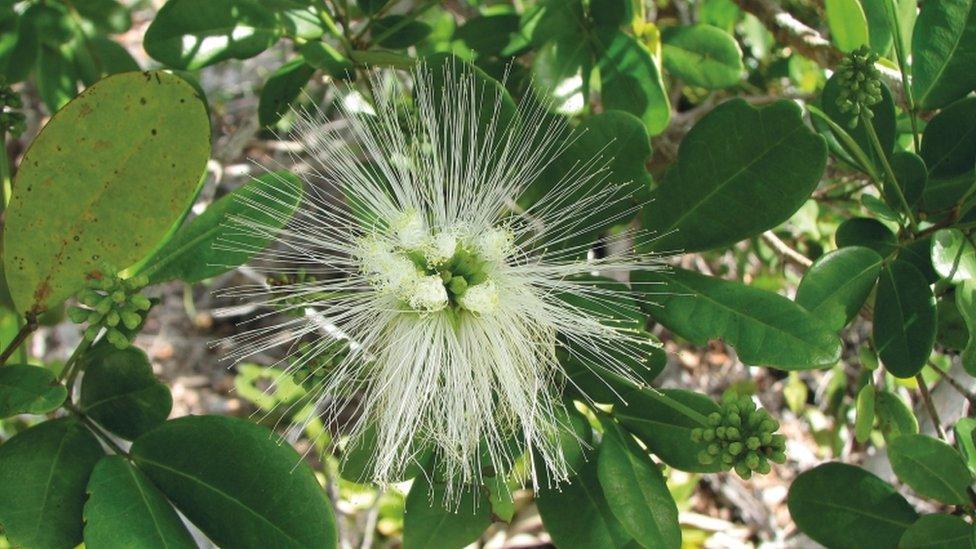
Scientists want to name as many plants as possible before they disappear
Two-fifths of the world's plants are at risk of disappearing, according to scientists.
A report from the Royal Botanic Gardens, Kew, says they're racing to get new species of plants and fungi named before they become extinct.
Damage to the natural world means many of these species could soon be gone.
The researchers who worked on the report say opportunities are being lost to use plants and fungi to help with issues including climate change and food shortages.
"We're losing the race against time because species are disappearing faster than we can find and name them," says Kew's director of science, Professor Alexandre Antonelli.
"Many of them could hold important clues for solving some of the most pressing challenges of medicine and even perhaps of the emerging and current pandemics we are seeing today."
Did you know?
Four billion people, which is more than half the global population, rely entirely on just three crops - rice, maize and wheat.
The scientists say plants have the potential to be used for a wide range of purposes including medicines, fuels and foods. However, only a small proportion of existing plant species are currently being used for these purposes.
The data in the report reveals there are more than 7000 edible plants which could be eaten by humans in the future, yet just 15 provide 90% of the food people consume.
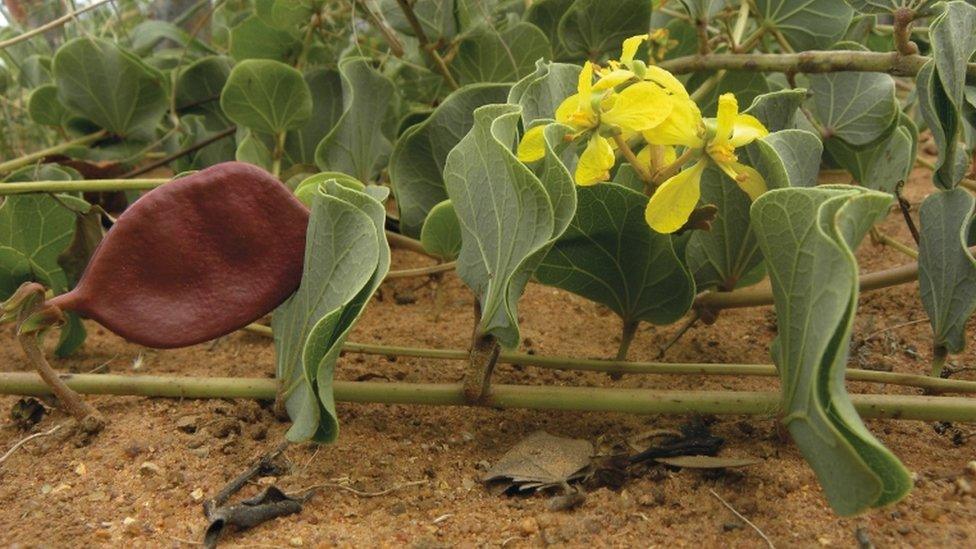
There are believed to be more than 7000 edible plants worldwide
2,500 plants have also been identified as species that could be used for fuel or bioenergy. However, only six crops - maize, sugarcane, soybean, palm oil, rapeseed and wheat - are currently being used to produce 80% of global industrial biofuel.
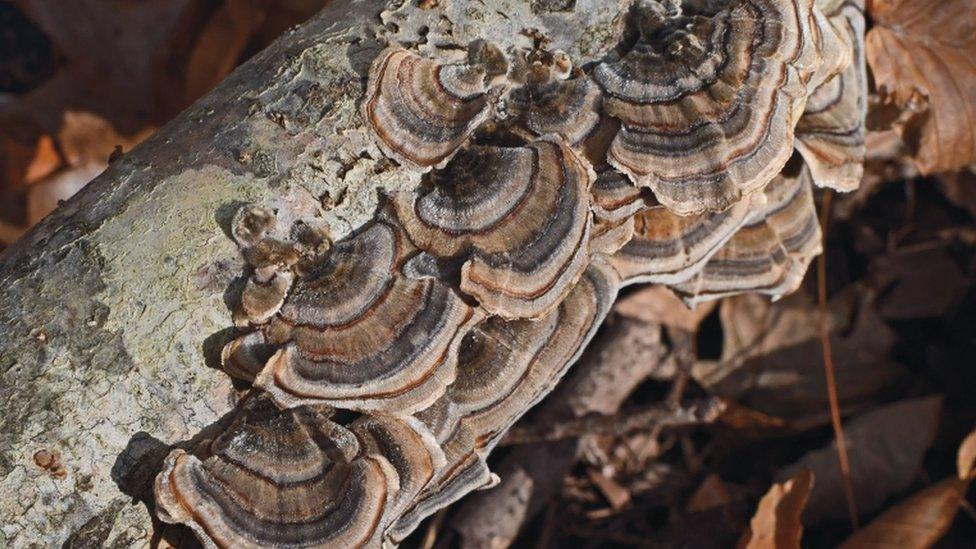
Researchers believe fungi could also have lots of useful purposes
Dr Colin Clubbe, who is the head of conservation science at Kew, said: "We're currently utilising such a small proportion of the world's plant and fungi, be it for food or medicines or for fuel, ignoring the potential treasure chest of wild species which we now have increasing knowledge of and the techniques to investigate for the good of humanity."
The findings of the report are based on research from more than 200 scientists in 42 countries.
The report was released on the day of the United Nations Biodiversity Summit summit, where leaders are being urged to take action to address biodiversity loss.
- Published29 September 2020
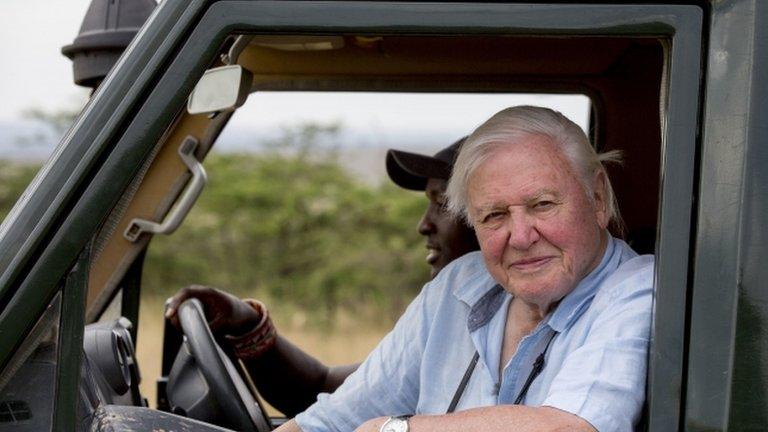
- Published20 January 2020
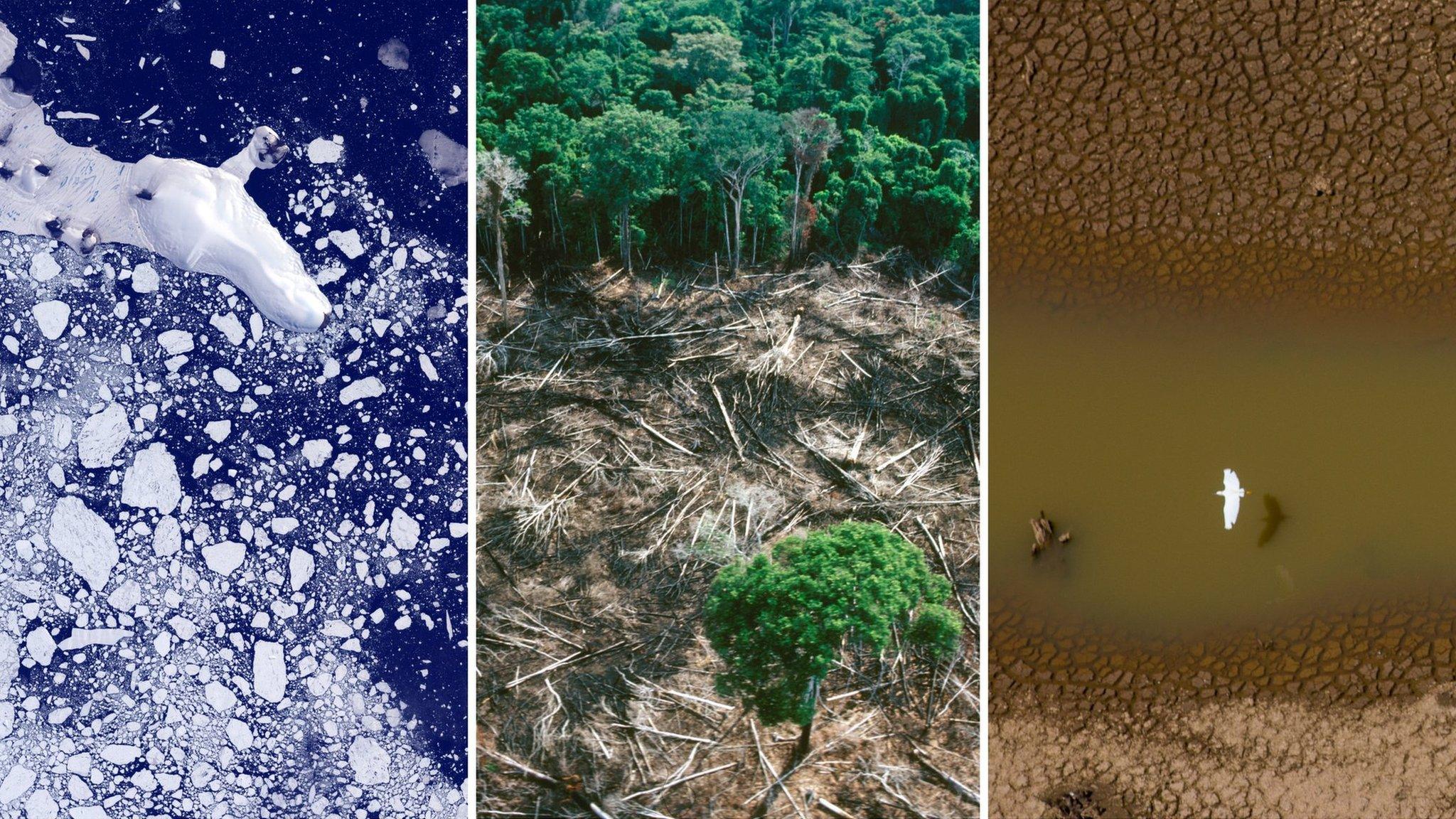
- Published5 June 2020

